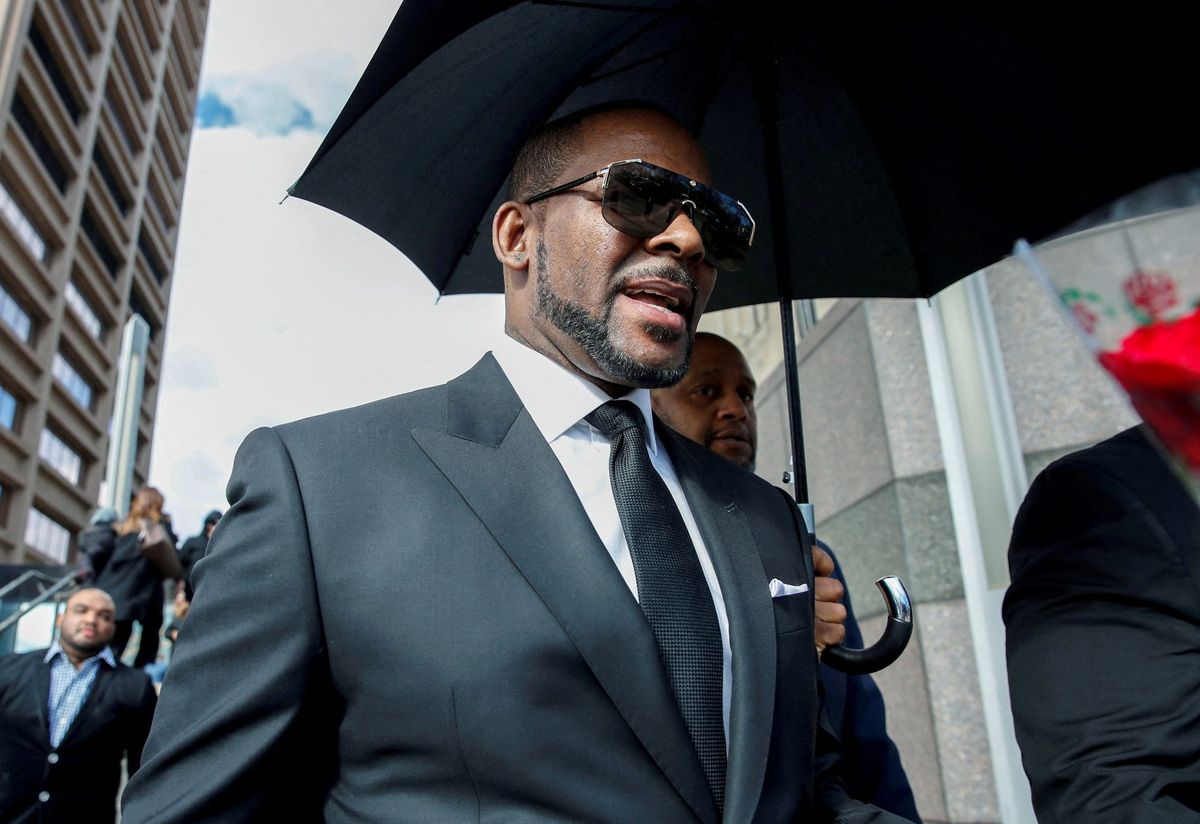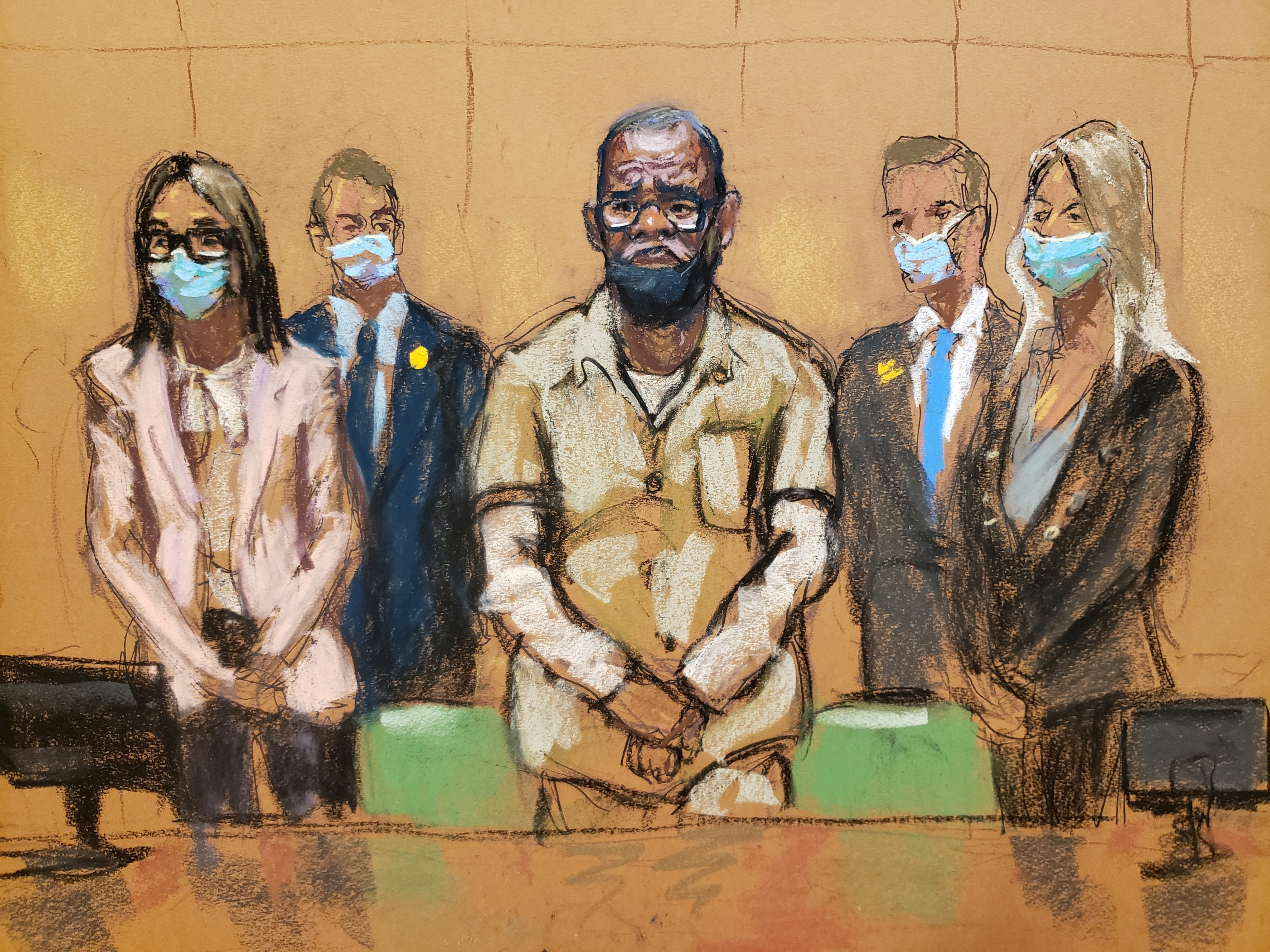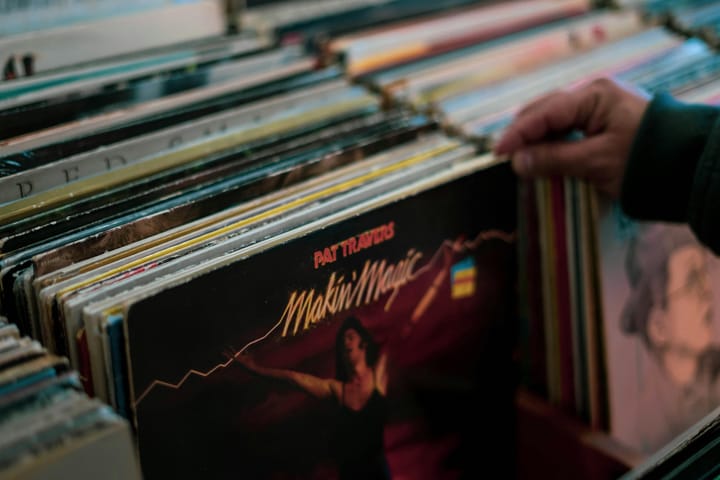Spotify removed R. Kelly’s music in 2018, but then put it back up. What happens now that he’s a convicted sex offender?

A few minutes every morning is all you need.
Stay up to date on the world's Headlines and Human Stories. It's fun, it's factual, it's fluff-free.
Since the early 2000s, allegations of sexual abuse have swirled around R&B singer R. Kelly, alleging that he had abused both women and children. A trial in 2008 saw him acquitted of 21 abuse counts brought against him years earlier. But, last September, R. Kelly was convicted of multiple counts of sex trafficking and racketeering.
On Wednesday, the singer was sentenced to 30 years in prison for his crimes. He’s also facing an upcoming trial on additional charges in August. The reality of the conviction is harrowing, and it does force music streaming platforms to ask themselves a question – is it OK to host the music of someone convicted of these kinds of heinous crimes?
Spotify is obviously at the forefront of this dilemma, and it actually removed Kelly’s music from its playlists and algorithmic recommendations back in 2018. But just a few weeks later, Spotify put R. Kelly’s music back on the platform. At the time, Kelly faced many allegations but had not yet been convicted of any crimes.
But now, with Kelly’s conviction emerges the question of whether or not Spotify will remove his music from its algorithmic recommendations or potentially altogether. Just a few months ago, the company also dealt with a different set of political challenges when Joni Mitchell and Neil Young pulled their music from the platform to protest its decision to continue hosting Joe Rogan’s podcast.
There isn’t a clear precedent on how platforms like Spotify should behave yet. Still, it’s clear that the friction from employees and customers who expect companies to maintain certain moral standards regarding the content they promote is raising the pressure.
Key comments:

Federal prosecutors filed a sentencing memorandum on the case, which said: “With the aid of his inner circle and over a period of decades, the defendant preyed upon children and young women for his own sexual gratification. In order to carry out his many crimes, the defendant relied upon his fame, money and popularity as an R&B recording star and used the large network of people his status afforded him – including his business managers, security guards and bouncers, runners, lawyers, accountants, and assistants – to both carry out and conceal his crimes.”
During sentencing, one unnamed victim addressed R. Kelly in court, saying, “You made me do things that broke my spirit. I literally wished I would die because of how low you made me feel. Do you remember that?”
“These crimes were calculated and carefully planned, and regularly executed for almost 25 years,” said US district judge Ann Donnelly to Kelly as the sentence was passed down. “You taught them that love is enslavement and violence.”
Spotify made a statement in 2018 about its content moderation policy, saying, “While we believe our intentions were good, the language was too vague, we created confusion and concern, and didn’t spend enough time getting input from our own team and key partners before sharing new guidelines … That’s not what Spotify is about. We don’t aim to play judge and jury.”




Comments ()